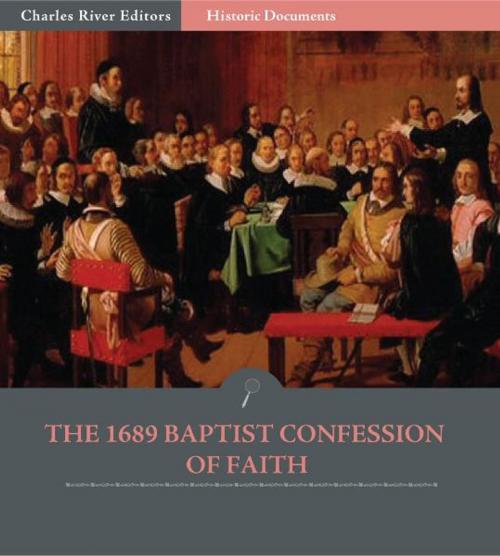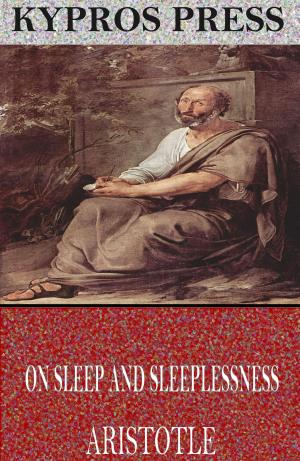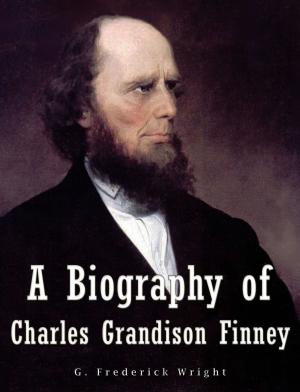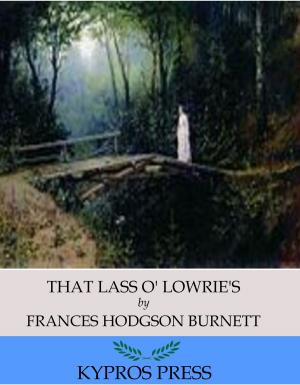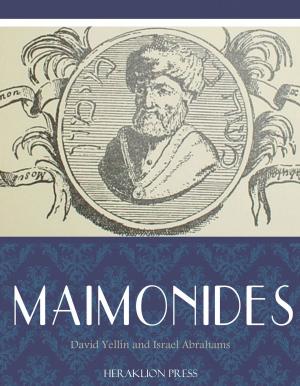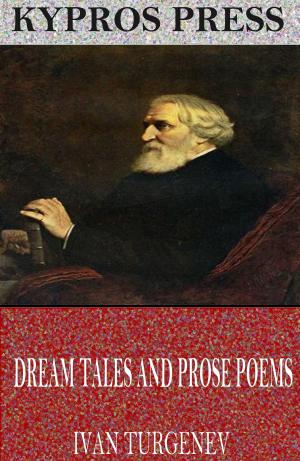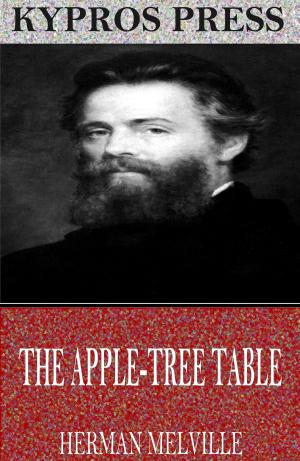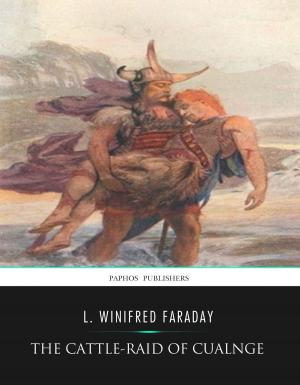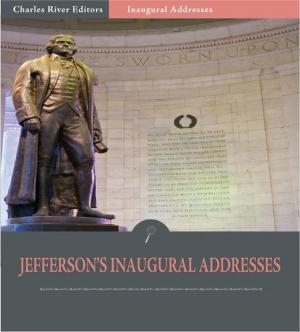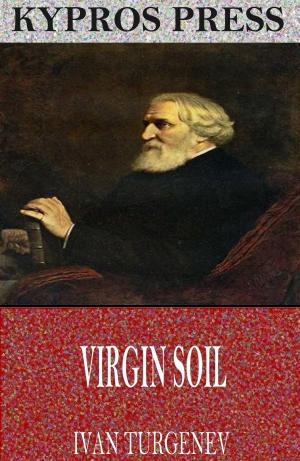The 1689 Baptist Confession of Faith
Nonfiction, Religion & Spirituality, Christianity, Denominations, Baptists| Author: | Anonymous | ISBN: | 9781619820593 |
| Publisher: | Charles River Editors | Publication: | January 13, 2012 |
| Imprint: | Language: | English |
| Author: | Anonymous |
| ISBN: | 9781619820593 |
| Publisher: | Charles River Editors |
| Publication: | January 13, 2012 |
| Imprint: | |
| Language: | English |
The 1689 Baptist Confession of Faith was written by Particular Baptists, who held to a Calvinistic Soteriology in England to give a formal expression of their Christian faith from a Baptist perspective. This confession, like The Westminster Confession of Faith (1646) and the Savoy Declaration (1658), was written by Puritans who were concerned that their particular church organisation reflected what they perceived to be Biblical teaching. The 1689 Confession, alongside the Westminster Confession and Savoy Declaration, are considered to be the most important Reformed Confessions made in the English-speaking world. There is no doubt that the 1689 confession relied heavily upon the work already done in writing the two other confessions, but this is not to understate its importance and influence in Baptist churches specifically, and Reformed and Calvinistic churches generally, since that point. Particular Baptists were quick to develop churches in colonial America, and in 1707 the Philadelphia Baptist Association was formed. This association formally adopted the 1689 confession in 1742 after years of tacit endorsement by individual churches and congregational members. With the addition of two chapters (on the singing of psalms and the laying on of hands), it was retitled The Philadelphia Confession of Faith Further Calvinistic Baptist church associations formed in the mid-late 18th century and adopted the confession as The Baptist Confession.
The 1689 Baptist Confession of Faith was written by Particular Baptists, who held to a Calvinistic Soteriology in England to give a formal expression of their Christian faith from a Baptist perspective. This confession, like The Westminster Confession of Faith (1646) and the Savoy Declaration (1658), was written by Puritans who were concerned that their particular church organisation reflected what they perceived to be Biblical teaching. The 1689 Confession, alongside the Westminster Confession and Savoy Declaration, are considered to be the most important Reformed Confessions made in the English-speaking world. There is no doubt that the 1689 confession relied heavily upon the work already done in writing the two other confessions, but this is not to understate its importance and influence in Baptist churches specifically, and Reformed and Calvinistic churches generally, since that point. Particular Baptists were quick to develop churches in colonial America, and in 1707 the Philadelphia Baptist Association was formed. This association formally adopted the 1689 confession in 1742 after years of tacit endorsement by individual churches and congregational members. With the addition of two chapters (on the singing of psalms and the laying on of hands), it was retitled The Philadelphia Confession of Faith Further Calvinistic Baptist church associations formed in the mid-late 18th century and adopted the confession as The Baptist Confession.
